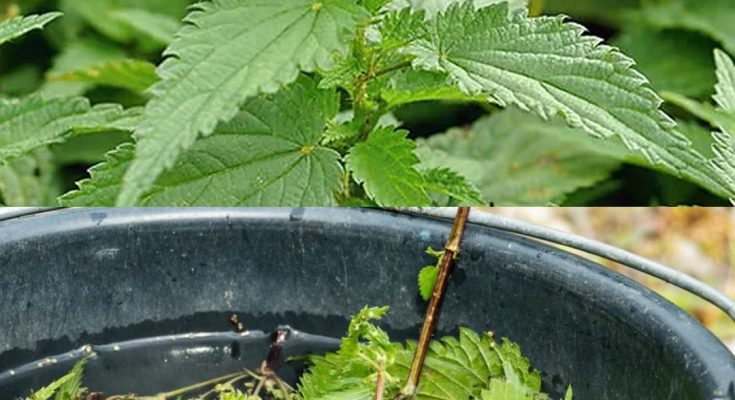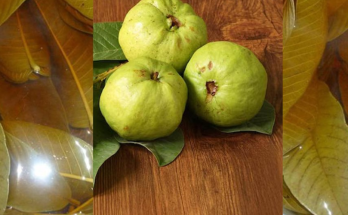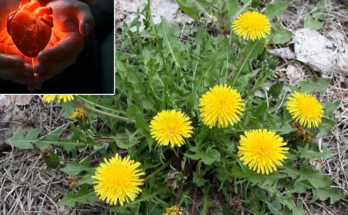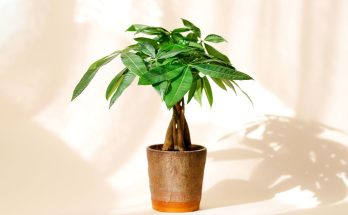Absolutely! Plants and gardening play a crucial role in sustainable agriculture by promoting biodiversity, enhancing soil health, conserving water, and providing nutritious food. Here are some ways in which plants and gardening contribute to sustainable agriculture:
- Biodiversity: Gardening encourages the cultivation of a diverse range of plant species, which in turn supports biodiversity. By growing a variety of crops, gardeners can attract beneficial insects, birds, and other wildlife, creating a balanced ecosystem.
- Soil Health: Plants play a vital role in maintaining soil health by preventing erosion, improving soil structure, and promoting microbial activity. Gardening practices such as composting, mulching, and crop rotation help to enrich the soil with organic matter and nutrients, reducing the need for synthetic fertilizers and pesticides.
- Water Conservation: Drought-resistant plants and water-efficient gardening techniques, such as drip irrigation and rainwater harvesting, help to conserve water resources in agricultural settings. By selecting plants that are well-suited to the local climate and soil conditions, gardeners can minimize water usage and promote sustainable water management.
- Carbon Sequestration: Plants absorb carbon dioxide from the atmosphere during photosynthesis, helping to mitigate climate change by sequestering carbon in the soil and biomass. Agroforestry practices, which integrate trees and shrubs into agricultural landscapes, can significantly increase carbon sequestration while providing additional benefits such as shade, windbreaks, and habitat for wildlife.
- Food Security: Home gardening and community gardens provide an opportunity for people to grow their own food, reducing reliance on industrial agriculture and enhancing food security. By growing fruits, vegetables, and herbs locally, gardeners can reduce food miles, minimize carbon emissions from transportation, and enjoy fresh, nutritious produce year-round.
- Pollinator Habitat: Many plants rely on pollinators such as bees, butterflies, and birds for reproduction. By creating pollinator-friendly gardens with a diverse array of flowering plants, gardeners can support pollinator populations and enhance crop yields through improved pollination.
- Education and Empowerment: Gardening promotes environmental education and empowers individuals to take action towards sustainability. By teaching people about plant biology, gardening techniques, and ecological principles, we can inspire a new generation of stewards who are passionate about protecting the planet and conserving its resources.
Overall, plants and gardening are essential components of sustainable agriculture, offering numerous benefits for the environment, communities, and future generations. By embracing gardening practices that prioritize biodiversity, soil health, water conservation, and carbon sequestration, we can cultivate a more sustainable and resilient food system.



